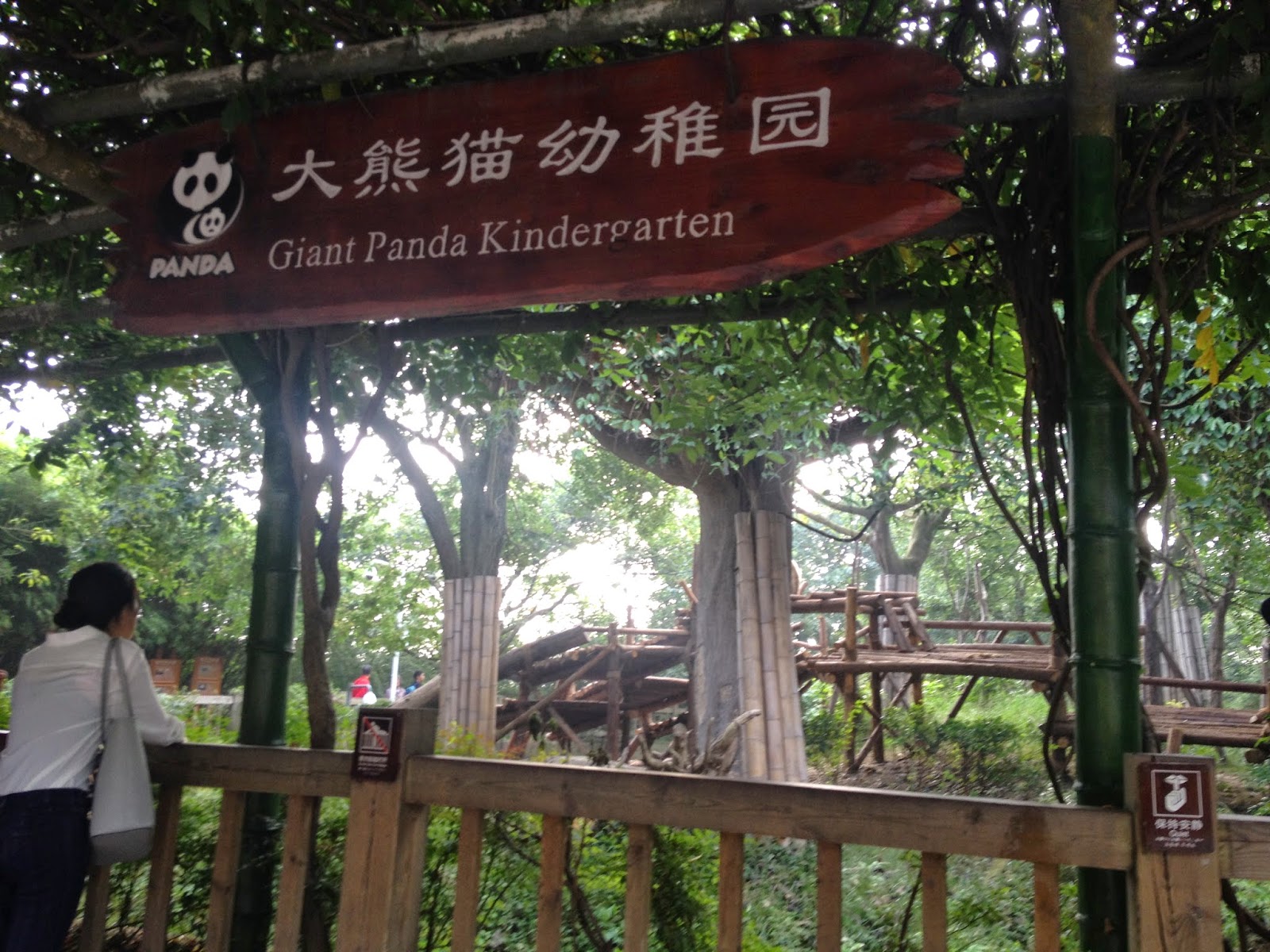But all this meat must make its way to your plate in one way or another. And this is where the market comes in. These markets are dubbed as 'wet markets' and sell produce that needs to be watered down to stay fresh--fruits, vegetables, fish and often, meat. The prices are cut rate, the produce is a much higher quality than that of what's found in local grocery stores and it's all very 'fresh'. In the context of China and meat, fresh means stick-it-in-a-bag-alive-and-clobber-it-over-the-head-when-you-get-home. Wherever possible. If you're feeling a bit squeamish about it, the kindly market attendant will do the killing and clobbering for you.
Overall though, I must respect the Chinese culture of meat. First of all, there's no dressing up and euphemising what goes into dishes. The language calls it what it is: niurou, yangrou, zhurou--cow meat, sheep meat, pig meat. And when the Chinese kill an animal, they eat all the parts of it: feet, beaks, intestines. There's a pragmatism in this and though I doubt it's in reverence for the animal, I prefer to see it this way. Let's respect you cow, sheep, pig by using all parts of you.
And when I say everything, I mean everything:
And Western non-standard animal foods are fair game. This is difficult to digest (pun intended?) for many (read: me) but, again, I will have to respect other cultures' rights to eat what they wish. For the most part, the pickings were pretty standard. But then we got to the turtle, snake, bullfrog section. 

I'll be honest. We struggled. We tutted over the turtles with the thoughts of buying a load to liberate them into the city's sewers. But in the long run, that only works in fictional children's television shows and so we walked on.
October happens to coincide with hairy crab season and people buy them by the boxful:
I can't say I understand all the hype but in big, small and hairy, they get consumed.
In Sichuan province and further afield, langoustines get boiled in a spicy sauce and covered in sichuan pepper--an herb that has numbing properties. Three langoustines in and you can no longer feel your tongue or lips and drinking a glass of water becomes remarkably challenging.
Suffice to say, the market is not always a pleasant experience.But in a country of 1.6 billion, the Chinese have figured out how to divide those loaves and fishes.

And they're pretty happy about it.

















































